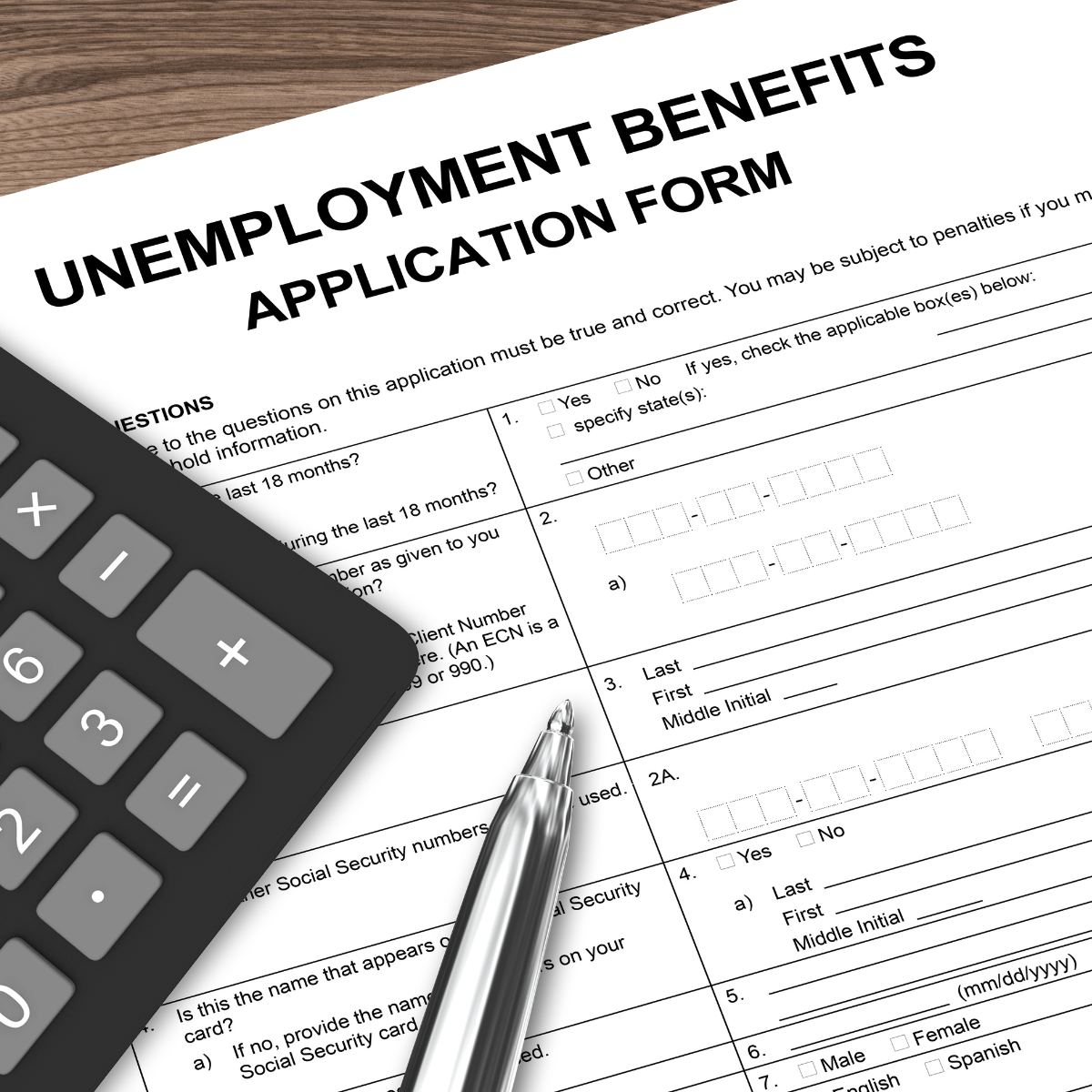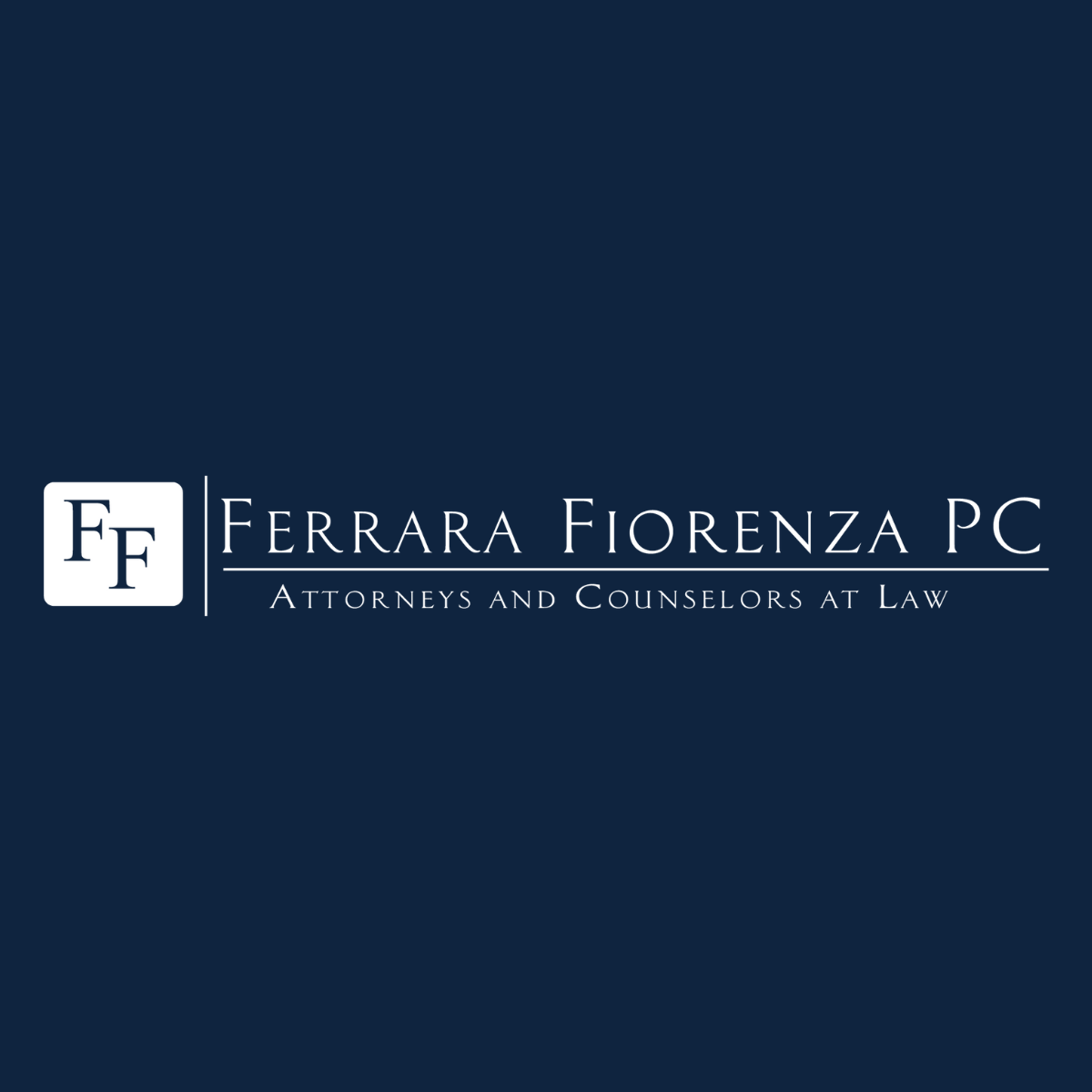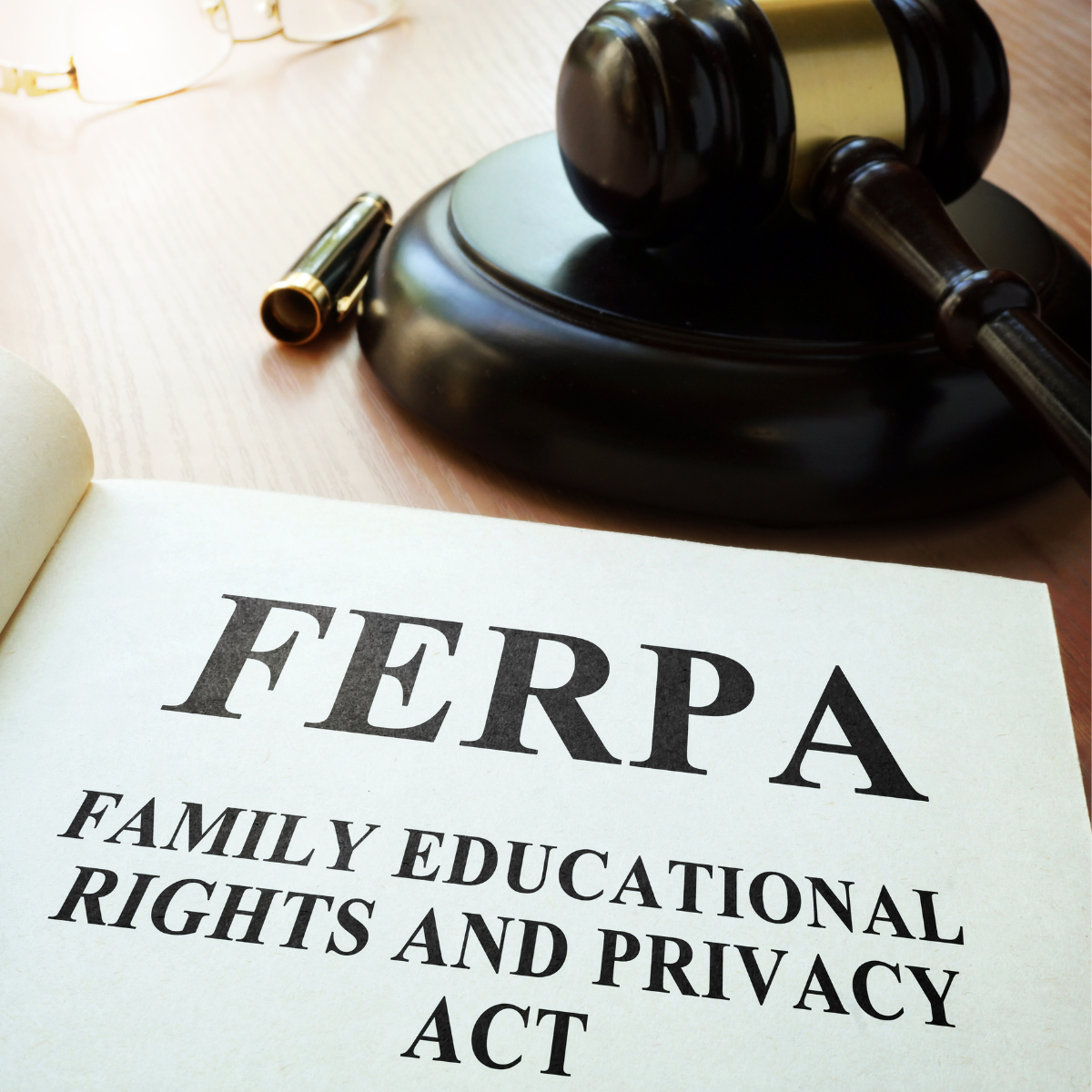 Jan 29th, 2024
Jan 29th, 2024New Notice Requirements for Unemployment Benefits
There has been a long-standing requirement in New York State for all employers to provide notice to employees separating from employment of their right to file for unemployment benefits. On September 14, 2023, Governor Hochul signed into law Chapter 366 of the Laws of 2023, which amended Section 590 of the New York State Labor Law effective November 13, 2023. Section 590 of the New York State Labor Law governs employees’ rights to apply for unemployment benefits and Section 590 applies to school districts.
 Dec 19th, 2023
Dec 19th, 2023FERRARA FIORENZA NAMES DAVID E. TINKER, CHARLES SPAGNOLI, AND CAMERON B. DANIELS AS PARTNERS
Education, labor relations, and employment law firm Ferrara Fiorenza PC is pleased to announce David E. Tinker, Charles “Chris” Spagnoli, and Cameron B. Daniels as its newest partners in the firm, effective January 1, 2024.
 Dec 1st, 2023
Dec 1st, 2023The Surge in FOIL Requests and Schools as a Political Battleground
In recent months, New York school districts have been inundated with Freedom of Information Law (“FOIL”) requests.
 Nov 29th, 2023
Nov 29th, 2023Complying with Recent Guidance on FERPA from U.S. Department of Education in K-12 Schools
The Family Educational Rights and Privacy Act (FERPA) and its regulations have governed the disclosure of student education records for decades, but the U.S. Department of Education has frequently updated its guidance to schools to ensure compliance. Most recently, it , clarified the definition of “education record’ and reminded school districts about FERPA’s application to disclosure of education records to vendors.
 Oct 27th, 2023
Oct 27th, 2023Supreme Court to Weigh First Amendment Implications of Blocking Public Officials' Social Media
In this age of social media, many public officials, including members of Boards of Education and administrators, maintain social media accounts. Like many others, public officials use social media to connect with friends and family, but it has also become a tool to reach those they serve.
 Oct 27th, 2023
Oct 27th, 2023Alternative Instruction, how many hours do suspended students need?
Starting in July of 2023, the hours a District is required to provide tutoring to students in a home, hospital or institutional setting other than a school increased to two (2) hours per day for elementary students and three (3) hours per day for secondary school students; an increase of one hour per day.
Showing 10 of 29 pages
